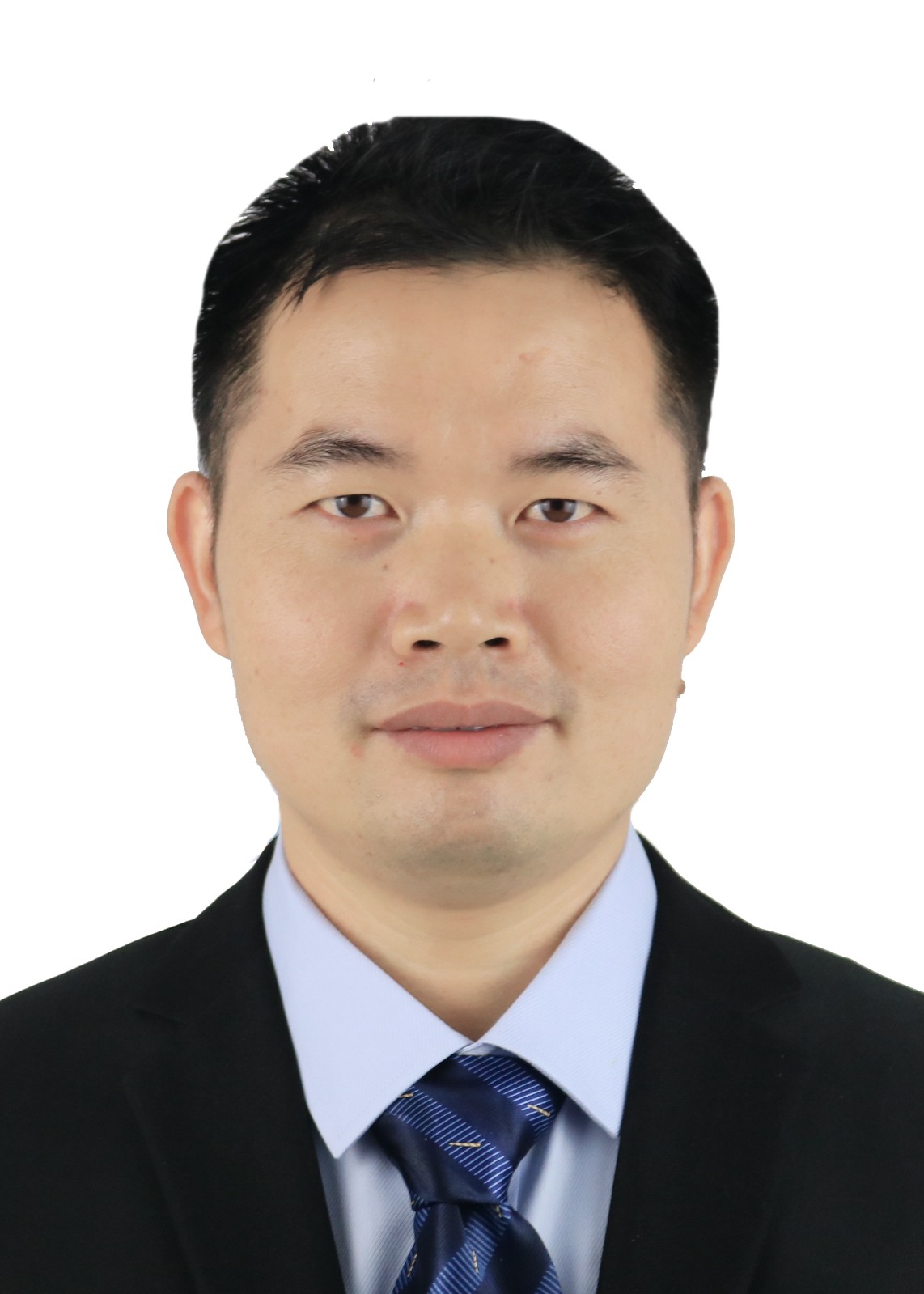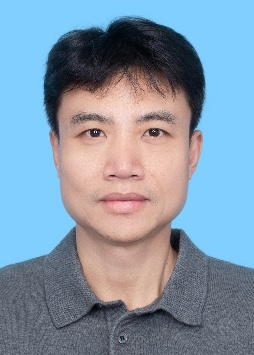| Prof. Nianyin Zeng Xiamen University, China Prof. Zeng is a Ph.D. holder and serves as a professor and doctoral supervisor at Xiamen University. He has been honored with several scientific awards, including the Second Prize of the Invention Entrepreneurship Achievement Award from the China Invention Association, the Second and Third Prizes of the Natural Science Award of Fujian Province, the First Prize of the Natural Science Award of Chongqing, and the Second Prize of the Xiamen Science and Technology Progress Award. Additionally, he has received numerous accolades such as Xiamen University's "Nanqiang Young Top Talent," recognition as a high-level talent in Fujian Province and Xiamen City, Xiamen's Key Talent, Fujian Province's Distinguished Young Scholar, the International Scholar Exchange Fellowship from the Korea Foundation for Advanced Studies, Stanford University's Top 2% Most Cited Scientists, and Clarivate's "Highly Cited Researcher." His main research focuses on intelligent data analysis (modeling, learning, optimization, and decision-making) and automation driven by artificial intelligence (AI in aviation/industry/healthcare). |
| Prof. Han Huang South China University of Technology, China Dr. Huang is a professor and doctoral supervisor. He is currently serving as an associate editor of IEEE Transactions on Evolutionary Computation (IF: 12.0), Complex & Intelligent Systems (IF: 6.5) and IEEE Transactions on Emerging Topics in Computational Intelligence (IF: 4.6), and Deputy Director at the Key Laboratory of Big Data and Intelligent Robotics under the Ministry of Education, Director of Teaching Steering Committee for Software Engineering of Undergraduate Colleges and Universities in Guangdong Province, Director of the Software Engineering Committee of the Guangdong Computer Society. He is a Distinguished Member of CCF and a Senior Member of IEEE. Prof. Huang has received the National Excellent Teacher Award commemorating the 20th anniversary of the establishment of National Exemplary Software Schools. He has led nearly 20 national and provincial-level projects, including the National Natural Science Foundation Major Program, Key R&D Projects of the Ministry of Science and Technology, General Projects of the National Natural Science Foundation, and the Guangdong Outstanding Youth Fund. He has published three Chinese academic books and two textbooks with National First-Class Presses, as well as two English books with internationally renowned publishers. As the first author or corresponding author, He has also published more than 80 papers in IEEE TCYB, IEEE TETC, IEEE TSE, IEEE TEVC, IEEE TIP, IEEE TFS, and Science China, including ESI highly cited papers. Prof. Huang has 61 invention patents granted in China and eight invention patents granted in the United States as the first inventor. He has received the China Patent Excellence Award, the Second Prize of Guangdong Provincial Science and Technology Progress Award, the First Prize of Guangdong Provincial Science and Technology Progress Award (Rank 2), the Second Prize of Guangdong Provincial Natural Science Award (Rank 3), the Science and Technology Award Second Prize from the Guangdong Engineering Investigation and Design Association (Rank 2), the Outstanding Paper Award from the Chinese Association for System Simulation (Rank 2), and the Science and Technology Progress Second Prize from the China Society of Image and Graphics. As the primary contributor, he led the formulation of the national group standard "White-Box Testing Standard Without Source Code." His research team possesses internationally recognized third-party testing qualifications, including CMA, CNAS, and ISTQB. Prof. Huang has long been dedicated to research on intelligent algorithm theory, applications, and industrial ecosystems. He has publicly released six software systems, including the Unit Test Algorithm Platform (www.unittestpc.com.cn) and the Energy Storage Optimization System (https://energystorage.autosem.net/), and has completed nearly 100 algorithm application cases. He has deployed over 10 vertical large models covering critical fields such as education, finance (released at the International Data Expo), law (recognized as an outstanding case by the Ministry of Justice), shipping, finance and accounting, medicine, and architecture. The implemented "AI Empowering All Industries" initiative has already achieved over 300 cases, serving more than 600 organizations and over 200,000 individual users. |
| Prof.Hongliang Dai Guangzhou University,China Hongliang Dai is currently a Professor at the Department of Statistics, Guangzhou University, a Distinguished Professor of "Guangzhou Scholar", a Doctoral Supervisor, a Postdoctoral Supervisor, and the Program Director of Data Science and Big Data Technology. He obtained his master's degree in Applied Mathematics from Wuhan University in 2003 and his doctoral degree in Applied Mathematics from Sun Yat-sen University in June 2013. In 2015, he was awarded the title of Professor in Artificial Intelligence. He joined the School of Mathematics and Computational Science at Guangdong University of Finance and Economics in July 2003, and transferred to the Department of Statistics, School of Economics and Statistics at Guangzhou University in April 2017. He is an "Outstanding Middle-aged and Young Key Teacher" of the second batch at Guangdong University of Finance and Economics, and a university-level cultivation candidate of the sixth batch of the "Qianbai Shi Project" in Guangdong Province. He is a Member of IEEE, ACM, and CCF; a Standing Director of the Branch of Statistics History and Culture under the Chinese Association for Applied Statistics; a Director of the Branch of Data Science and Artificial Intelligence under the Chinese Association for Applied Statistics; a Director of the Branch of Educational Statistics and Management under the Chinese Association for Applied Statistics; a Standing Director of the Guangdong Society for Computational Mathematics; and a Member of the Big Data Professional Committee of the Guangdong Computer Society. |
 | Assoc. Prof. Dr. Azhar Imran Mudassir Beijing University of Technology, China Azhar Imran Mudassir received his PhD in Software Engineering from Beijing University of Technology, China, and his Master’s degree in Computer Science from the University of Sargodha, Pakistan. He is currently an Associate Professor in Computer Science, with research and teaching focused on machine learning and deep learning–based image analysis. Dr. Mudasir has over 13 years of national and international academic experience. His research interests include medical image analysis, machine learning, deep learning, explainable AI, healthcare informatics, and social media analytics. He has published more than 100 research articles in well-reputed international journals and conferences and actively serves as an editorial board member and reviewer for several SCI- and Scopus-indexed journals, including IEEE Access and MDPI journals. He is a regular member of IEEE and has contributed to numerous international conferences as a keynote speaker, invited speaker, session chair, and technical committee member. |



